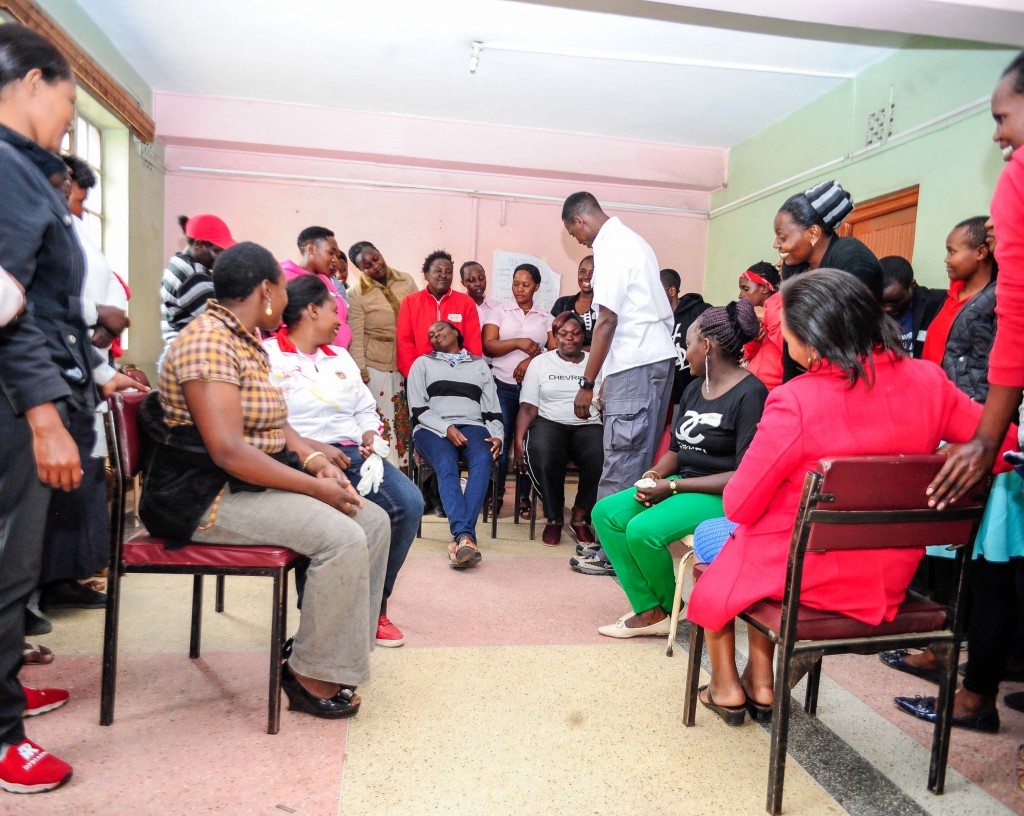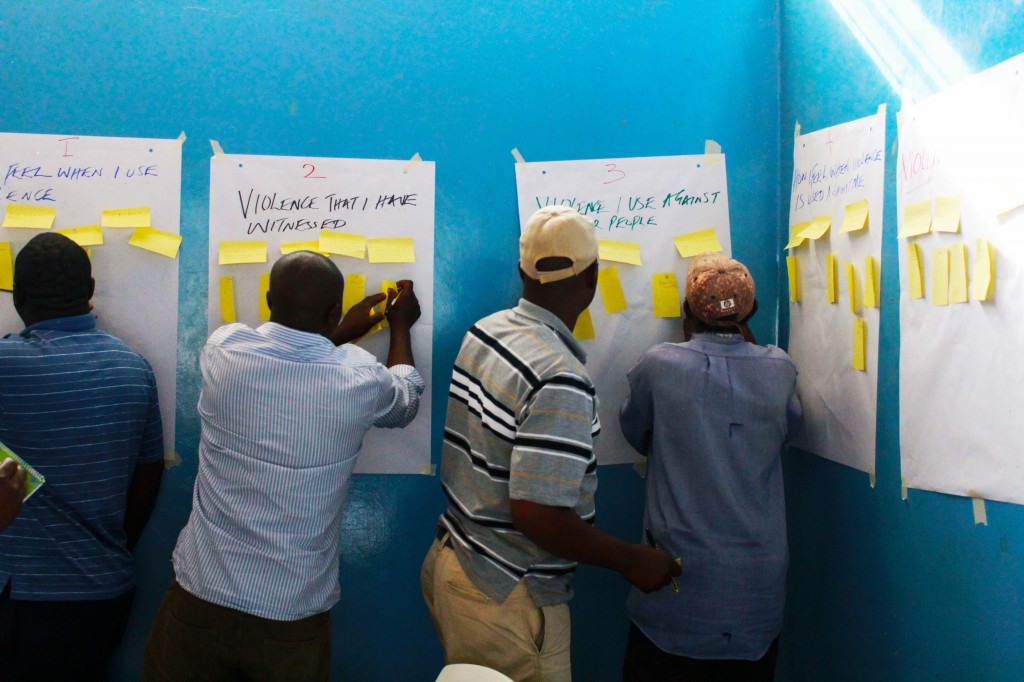Welcome to part two of our Inspirational Interview with Naomi Mwaura, founder of Kenya’s Flone Initiative, an organisation that focuses on addressing the public and workplace harassment of women on public transport in Kenya. After protesting violence against a woman in her mother’s town in Kenya, Naomi started the Flone Initiative to train public transport operators about gender-based violence and end violence against girls and women in public spaces.
In this part of the interview, Naomi discusses how Flone has trained male bus drivers to combat harassment and violence, and organized female bus drivers, and what she hopes to accomplish in the next five years.
Part 1 of Ms. Mwaura’s interview was published on 29 July 2018.
All pictures courtesy of the Flone Initiative.

6. What are some of the particular challenges that Kenya faces when tackling violence against women, and how have organisations like Flone addressed these challenges over the past few decades?
Stripping women of their clothes is a form of gender-based violence that is specific to Kenya and Zimbabwe public transport. Commuter bus terminals are slowly becoming the new battlegrounds in an undeclared war against women. Often, small gangs of touts [ticket takers] pounce on women and girls at bus stations in major cities, accuse them of indecent dressing and sometimes strip them naked in public.
For the past six years, Flone Initiative has been running the Usalama wa Uma programme dedicated to the prevention of violence against adolescent girls and young women in transport industry by focusing on male operators’ involvement in promoting gender equality and preventing sexual violence in their workplaces. In addition, through the Women in Transport programme, we are supporting women professionals working in the public transport industry. In partnership with ATWGU trade union in Uganda, Flone Initiative conducted a four-day workshop with women operators in Uganda that resulted in the women operators forming a savings cooperative.
7. How do you think men and boys can help to end violence against women?
We can help men and boys do so by supporting them in identifying when violence against women and girls is being perpetrated and actively responding by strongly condemning perpetrators of violence. An operator who previously incited others against young women he thought were “indecent” now mobilises other male operators to attend the Usalama wa Uma training, and educates others on the need to respect female clients.
8. Tell us about Flone’s plans for the future. What campaigns, programmes or projects do you have coming up in the next five years?
- Upscaling the Usalama wa Uma program by incorporating the training manual in the driving schools’ training curriculum in Kenya
- Contributing to the next generation of research to increase understanding on the intersection and effect of gender in transport and public transport
- Creating an African network of women professionals, policy makers and researchers working on women and transport issues through the Eastern Africa Women in Transportation annual conference.
9. How can The Pixel Project’s supporters engage with and support the efforts of Flone to stop violence against women?
The Pixel Project’s supporters can take the pledge to:
- To recognise that sexual harassment or violence is wrong
- Identify situations in which sexual assault or harassment may occur
- Intervene in situations where violence or harassment is occurring
- Create an environment that sexual harassment and violence against women in unacceptable
Pixel’s supporters in the corporate world can also include more women in decision-making discussions by taking the pledge to not be part of a male-only panel or boardroom meetings.
10. In your considered opinion, how can we end violence against women for good?
By engaging men, thus enabling them to identify when violence against women and girls occurs, as well as equipping them with skills on how to respond to violence against women and girls. Additionally, we need to educate young boys and girls about respectful relationships and instill in them values and norms that are gender-sensitive.
